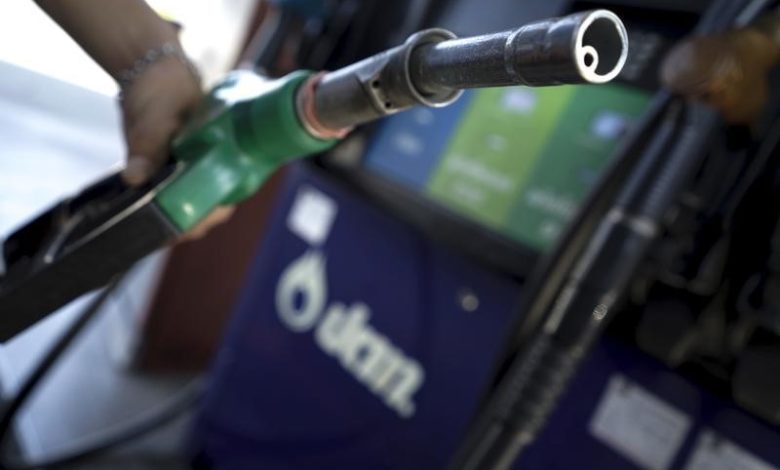
Trans Mountain Oil Pipeline Nearly Meets First-Month Loading Targets, Reports Reuters
By Arathy Somasekhar
HOUSTON – In the first full month of operations for the expanded Trans Mountain pipeline on Canada’s West Coast, approximately 20 ships were loaded, based on vessel-tracking data. This figure slightly falls short of the operator’s expectations, which had forecasted 22 loadings for the month.
The loadings from this pipeline expansion are under close scrutiny as the Canadian government aims to sell the $24.84 billion (C$34 billion) line. There have been ongoing discussions surrounding oil quality, pipeline economics, and loading difficulties since the startup, raising concerns over demand and forward crude exports.
As of the end of June, total crude exports from Vancouver were around 350,000 barrels per day. The last two vessels for June-loading were reported at the Westridge Marine terminal. "This initial month is just shy of the 350,000-400,000 bpd we anticipated prior to startup. We are still in a discovery phase, working through certain issues… but overall, it’s been a solid start," commented Matt Smith, lead analyst at Kpler.
The vessels primarily consisted of partially loaded Aframaxes, each capable of carrying about 550,000 barrels, mainly bound for the U.S. West Coast and Asia. Some cargoes were transferred to larger vessels destined for India and China.
Reliance Industries secured 2 million barrels of Canadian crude for July delivery, involving multiple ship-to-ship transfers to load the oil onto a large crude carrier offshore California. This crude is en route to Sikka, India, home to the largest refining complex in the world.
Phillips 66 made an acquisition for its refinery in Ferndale, Washington, while Marathon Petroleum procured cargo for its Los Angeles facility, and Valero Energy did the same for its Benicia, California, refinery.
Trans Mountain did not provide immediate comments due to the long weekend in Canada. Phillips 66 and Marathon Petroleum also declined to comment, with Valero not responding to requests for input.
According to Rohit Rathod, a market analyst at Vortexa, the market had anticipated about 17 to 18 loadings. He noted that "Chinese demand has been lower than expected, and without Reliance, most of the barrels in June would have remained within the West Coast region."
Recently, Trans Mountain revised its standards for accepting crude oil on the expanded system, addressing concerns regarding the acidity and vapor pressure of the line’s oil.
Logistical challenges in the busy, narrow shipping channel after departing the Westridge dock in Vancouver are also expected to affect loadings. The Port of Vancouver has restrictions in place on transit times to manage the heavy traffic in the channel.
Currently, the expanded Trans Mountain pipeline is operating at around 80% capacity, with some spot capacity being utilized. The operator anticipates utilization rates to reach 96% next year, with the ability to accommodate 34 Aframax ships per month.
 GOOGL
GOOGL  META
META 


